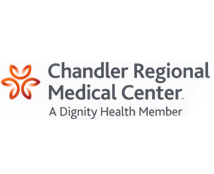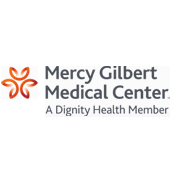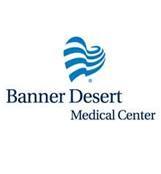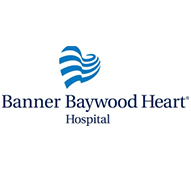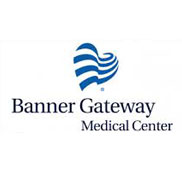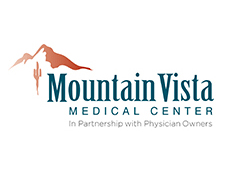Heart Attack
Find out the Web based movie
What is a heart attack?
Your coronary artery is a blood vessel that feeds blood to a part of the heart muscle. If a blood clot blocks blood flow through a coronary artery, a part of the heart muscle can be damaged or destroyed. This is called myocardial infarction or a heart attack.
How do I know if I am having a heart attack?
There are various heart attack symptoms. Not all individuals who have heart attacks experience the same symptoms or undergo the experience to the same extent. Nonetheless, the more signs and symptoms you have, the greater the odds you may indeed be having a heart attack.
Many heart attack victims have warning signs and symptoms hours, days or even weeks in advance. The earliest heart attack warning could be recurrent chest pain (angina) that’s triggered by exertion and then relieved by resting. A temporary decrease in blood flow to the heart causes angina. Some people also can experience “silent heart attacks” and not have symptoms.
What are common heart attack symptoms?
Common heart attack symptoms include: the sensation of fullness or a squeezing pain located in the center of your chest that lasts for more than just a few minutes; pain which extends beyond your chest to your shoulder, arm, back, or even to your jaw and teeth; an increasing number of episodes of chest pain; prolonged pain in your upper abdomen; fainting (syncope); shortness of breath; nausea; sweating; vomiting; and an impending sense of doom.
Do women experience different heart attack symptoms than men?
Yes; men and women may experience different heart attack symptoms. Additional or different heart attack signs and symptoms in women may include: clammy skin; heartburn or abdominal pain; light-headedness or dizziness; and unexplained or unusual fatigue.
Is a heart attack dangerous?
A heart attack can be fatal. It is especially dangerous because people often confuse their symptoms with a minor illness like indigestion and therefore put off going to the hospital. (Because many people attempt to tough out their symptoms, their treatment may be too late.—delete this sentence)
What should I do if I think I am having a heart attack?
Act immediately if you think you are having a heart attack. Follow these steps:
- Immediately call 911. If you don’t have access to emergency medical services, have someone drive you to the nearest hospital. Because it can be extremely dangerous, drive yourself only as a last resort.
- If your doctor has prescribed nitroglycerin, take it as instructed while awaiting the arrival of emergency medical personnel.
- Taking aspirin during a heart attack could reduce the damage to your heart by making your blood less likely to clot; however, confirm with your doctor that chewing an aspirin if you have heart attack symptoms is a good idea as aspirin can interact with other medications.
What should I do if I think someone else is having a heart attack?
According to guidelines by the American Heart Association, even if you are not trained, you should begin cardiopulmonary resuscitation (CPR) with chest compressions to help deliver oxygen-rich blood to the brain and chest if someone has had a cardiac arrest and is without a pulse. Put the person on their back and place the heel of one of your hands over the center of their chest, between the nipples.
Place your other hand on top of your first hand. Keep your elbows straight and position your shoulders directly above your hands. Press down about two inches on the person’s chest for each compression at a rate of about 100 per minute. If you’ve been trained in CPR, check the person’s airway and deliver rescue breaths after every 30 compressions. If you haven’t been trained, continue doing compressions only.
What causes a heart attack?
If one or more of your coronary arteries becomes blocked, it will cut off the supply of oxygen-rich blood to your heart. This is called a heart attack. With the passage of time, a coronary artery can become narrowed by a buildup of fatty materials such as cholesterol. This buildup is called plaque. During a heart attack, one of these plaques can rupture, with a blood clot forming on the site of the rupture. When the clot is large enough, it can completely block all flow of blood through the artery.
How is a heart attack treated?
Your heart attack treatment will vary depending on your situation. You may be treated with medications, or you may undergo an invasive procedure, or both; It will depend upon the severity of your condition and the amount of damage your heart has undergone. Medications that are given to treat a heart attack include: aspirin; Plavix which is like a super aspirin medication used to inhibit clot formation; other blood-thinning medications; thrombolytics known as clot buster; nitroglycerin; pain relievers; beta blockers to help relax your heart muscle, slow your heartbeat and decrease blood pressure; as well as cholesterol-lowering medications.
Surgical and other procedures may include coronary angioplasty and stenting; and coronary artery bypass surgery. With blood flow to your heart restored and your condition stabilized, your doctor may have you hospitalized for observation following your heart attack.






